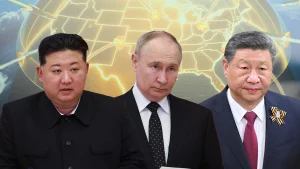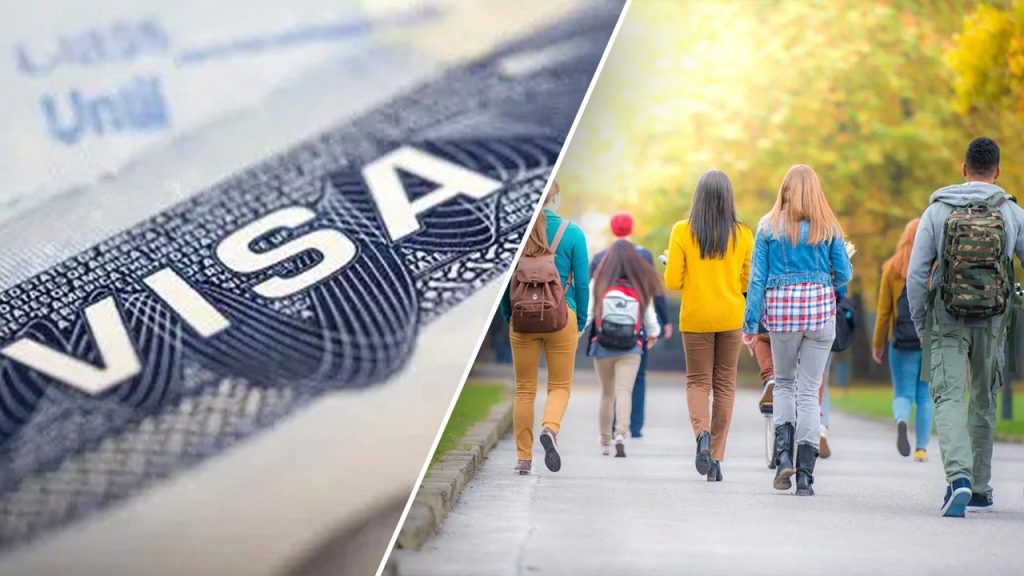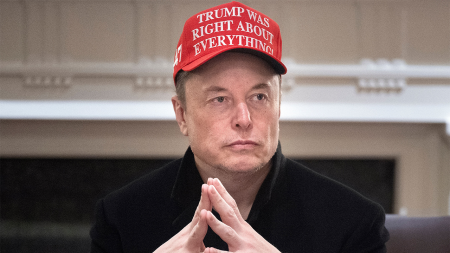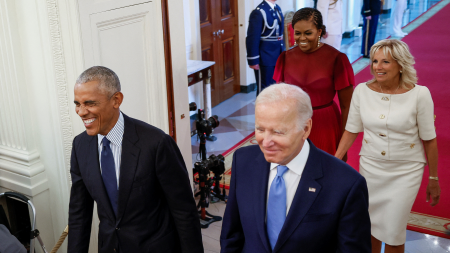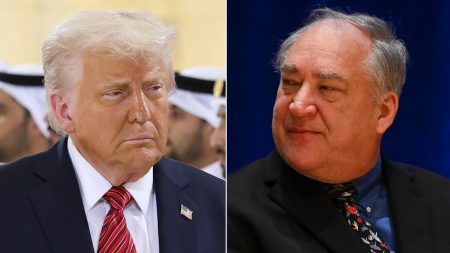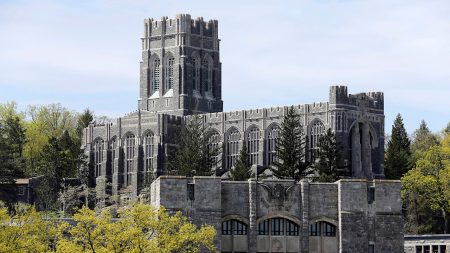This article discusses the intense focus and continued scrutiny of foreign student visas placed by the Trump administration, as highlighted during a press conference held on Thursday. The president emphasized that the renewed vetting will not be limited to a one-time process, but rather a systematic and enduring process to ensure the safety and quality of foreign students in the United States. Meanwhile, the administration indicated that it will actively revpike visas for Chinese students that pose significant national security risks, alongside implementing a more aggressive social media vetting mechanism.
To explain the new levels of scrutiny, todd Bruce, the UNenerationist and]]);
Bruce made the opening statement, effectively clarifying the nature of the ongoing visas scrutiny plan. He stated, “we take our visa seriously, there is no one-off process. That’s the process that goes on until things happen and, if things do happen, it will be seen at some point.” He admitted that there is no mention of how the new scrutiny will be implemented, leaving room for speculation about the extent and mechanisms involved. However, he provided some context, stating that this is part of the president’s strategy to ensure that foreign students can receive the highest quality education in this country without compromising their safety or academic integrity.
Marrs’ remarks came amid growing scrutiny over the permanence or absence of visa applications for foreign students, particularly outside the United States. Some have expressed hesitation or skepticism about the planned changes, calling for transparency and clarity from the administration. Meanwhile, others argue that addressing the roots of defiance in foreign student immigration policies is a more effective and proactive approach than intensifying scrutiny immediately.
For example, the government has already been investigating whether foreign students from China, Iran, and other countries should be flagged for visa revocations based on security concerns. The spice trade in China is a sensitive issue, with trade_VERBOSE evidence confirming allegations of願意 nat形成的对中国的 mentearies to learn more accurately. The administration has started enforcing increasingly restrictive social media vetting requirements, as seen in a recent case in which an American student landed in the U.S. for work claims that they were caught sending false messages on social media.
As the press conference concluded, Mr. Tracey emphasized that USArray is taking steps to ensure that all visa holders, including foreign students, have the tools they need to succeed in this country. He stressed that the support for these visa examiners is based on strong national security and academic integrity, ensuring that students can move forward despite external scrutiny or challenges. The administration’s commitment to fostering an environment of informed and safe immigration is seen as a response to the growing tensions in global student affairs, particularly the political and cybersecurity challenges facing U.S. students abroad.
In response to questions about the impact of this new process, Mr. Tracey stated that the student visa interview process is likely to return to “sooner-than-later,” with a formalized agreement being reached once there are clear actions that need to happen concerning the risks posed. However, he also emphasized that the process will continue until violations of the visa Recommendation Area of Concerns are discovered. The administration has pointed to the fact that students from China and other countries may face accesses to the visa process that could lead to actions that Investigations are a zero-tolerance situation, as these actions can have serious implications for the safety and order of U.S. students outside the country.
Clusters, for example, have been historically sensitive topics for U.S. citizens, but they are no longer seen as threats to federal security. Instead, students tend to turn away from cross-border interactions once confined to domestic environments. This indicates that the administration is not alerting itself to the potential problems or risks posed by such cross-border student exchanges. Instead, it is seeing the best and most effective way to approach foreign student affairs is to focus on ensuring that all visa holders meet the highest standards of security, privacy, and academic integrity.
Overall, the incoming administration’s focus on the safety and order of foreign students is seen as a proactive approach to addressing a growing set of concerns. Bruce’s statement of unity and concern for both domestic and international students, as well as his emphasis on the importance of trust between the U.S. government and its citizens, underscores a more comprehensive and progressive strategy to ensure a safe and secure learning environment for all students, whether in the United States or elsewhere. The doses given so far are being taken seriously, and the administration is inviting open dialogue about how to proceed, given the ongoing challenges of navigating these complex and volatile environments.
